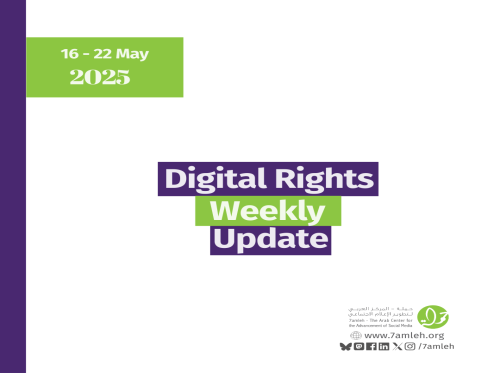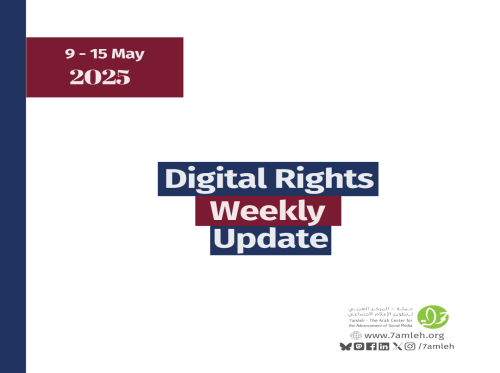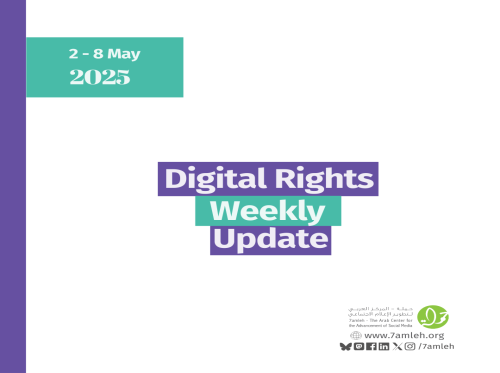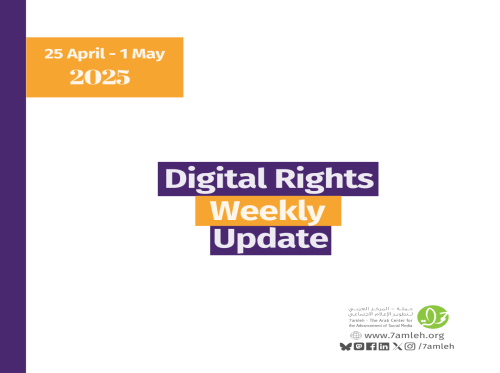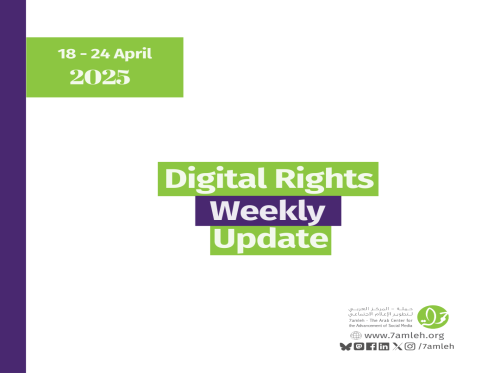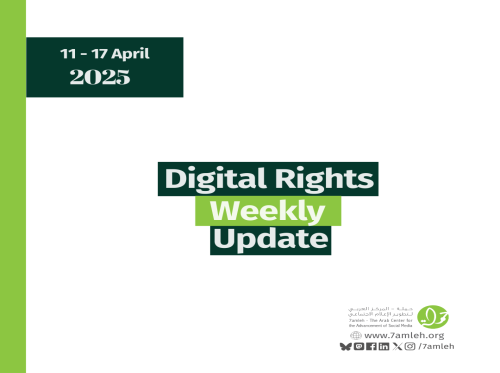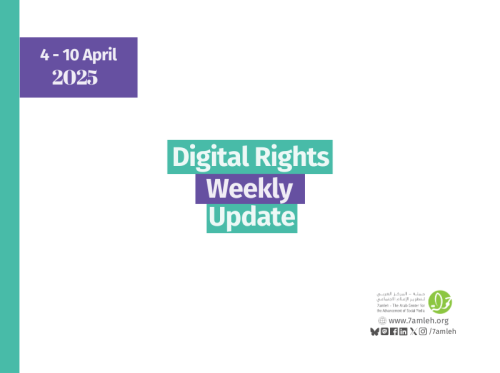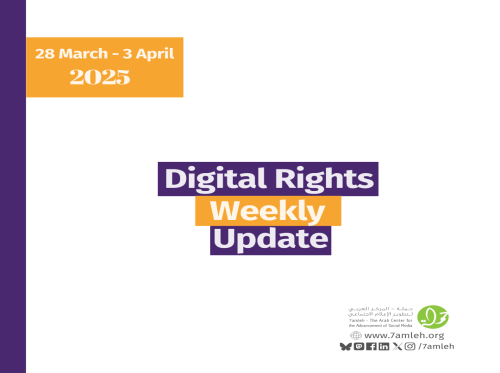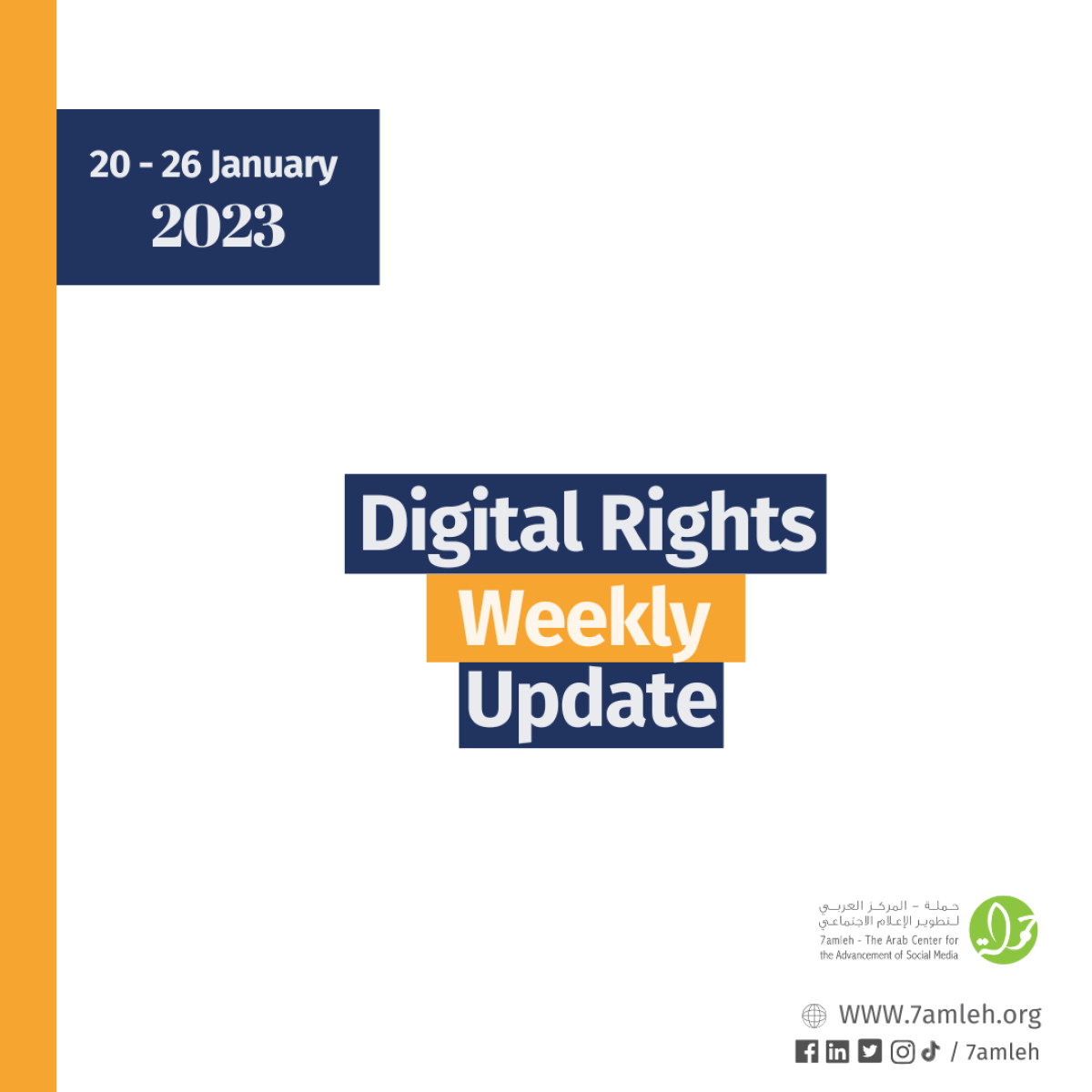
1.
Understanding Media Empowerment: Citizen Journalism in Palestine (English)
Nature
Advancements in technology and social media have shown a significant impact on journalism as a profession, education, and at the higher education level across various disciplines (e.g. psychology, economics, technology, sociology, communication, marketing, and politics). In this context, citizen journalism is focused on the current study that pertains to the equal amount of informational resources that are available for journalists as professionals and other people through social media and internet outlets. As the number of citizens spreading and creating news has drastically increased in recent years, the need for comprehending perceptions, influences, and professional aspects has become more prevalent.
2.
Internet Providers in Gaza... Manipulating Prices and Speeds (Arabic)
Zawaya
In light of the digital transformation pursued by government institutions in Palestine and amidst the need of all members of society for internet service to keep pace with this development, social media activists circulated news that service providers in Gaza decided to raise the price of subscriptions for citizens, which aroused discontent from beneficiaries, especially in light of the economic conditions and hardships experienced by the residents of the strip. In the Gaza Strip, there are eight main companies that provide wireless internet service, which obtain the service from the Palestinian Telecommunications Company or from Israeli companies operating in the field. Temporary cards for citizens.
3.
"Wafa" Monitors Incitement and Racism in the Israeli Media (Arabic)
Wafa
The Palestinian News and Information Agency "Wafa" monitored incitement and racism in the Israeli media, between the 15th and 21st of January. In its 291 report, Wafa provides monitoring and documentation of inflammatory and racist discourse in the Israeli visual, written, and audio media, and some pages on social networking sites of political and legal figures in Israeli society. The report monitored a number of articles and news reports that dealt with the issue of the evacuation of the village of Al-Khan Al-Ahmar, east of Jerusalem, and the appropriation of more lands in areas classified (C) in the West Bank.
4.
The Israeli Police are Investigating Maher Younes for "incitement" on Social Media (Arabic)
Anadolu Agency
On Saturday, the Israeli police arrested the released Palestinian prisoner, Maher Younes, and interrogated him, claiming “incitement,” before releasing him, according to the official Kan channel. Kan channel said on its official Twitter page that the Israeli police "arrested Younis and interrogated him on charges of incitement via Facebook." On Thursday, the Israeli authorities released Maher Younes, 64, after he had spent 40 years in their prisons.
5.
Why the Twitter Files are in Fact a Big Deal (English)
Jacobin
The so-called Twitter Files, which started being released at the start of December, have so far generated a lot more discussion of the meta controversies surrounding their release than of what’s actually in the “files” themselves: controversies about who released the files, who reported on them, the way they were reported, the wrong-headed political beliefs of some of those involved in the reporting. That’s too bad, because for all its very real faults, the Twitter Files story is an important and consequential piece of reporting that everyone — particularly on the Left — should be paying attention to. The Twitter Files give us an unprecedented peek behind the curtain at the workings of Twitter’s opaque censorship regime, and expose in greater detail the secret and ongoing merger of social media companies and the US national security state. And while Bari Weiss may not be interested in them, there are major implications for the Left.
Related Articles
Subscribe to Our Email Alerts
And stay updated with our latest activities, news, and publications!

